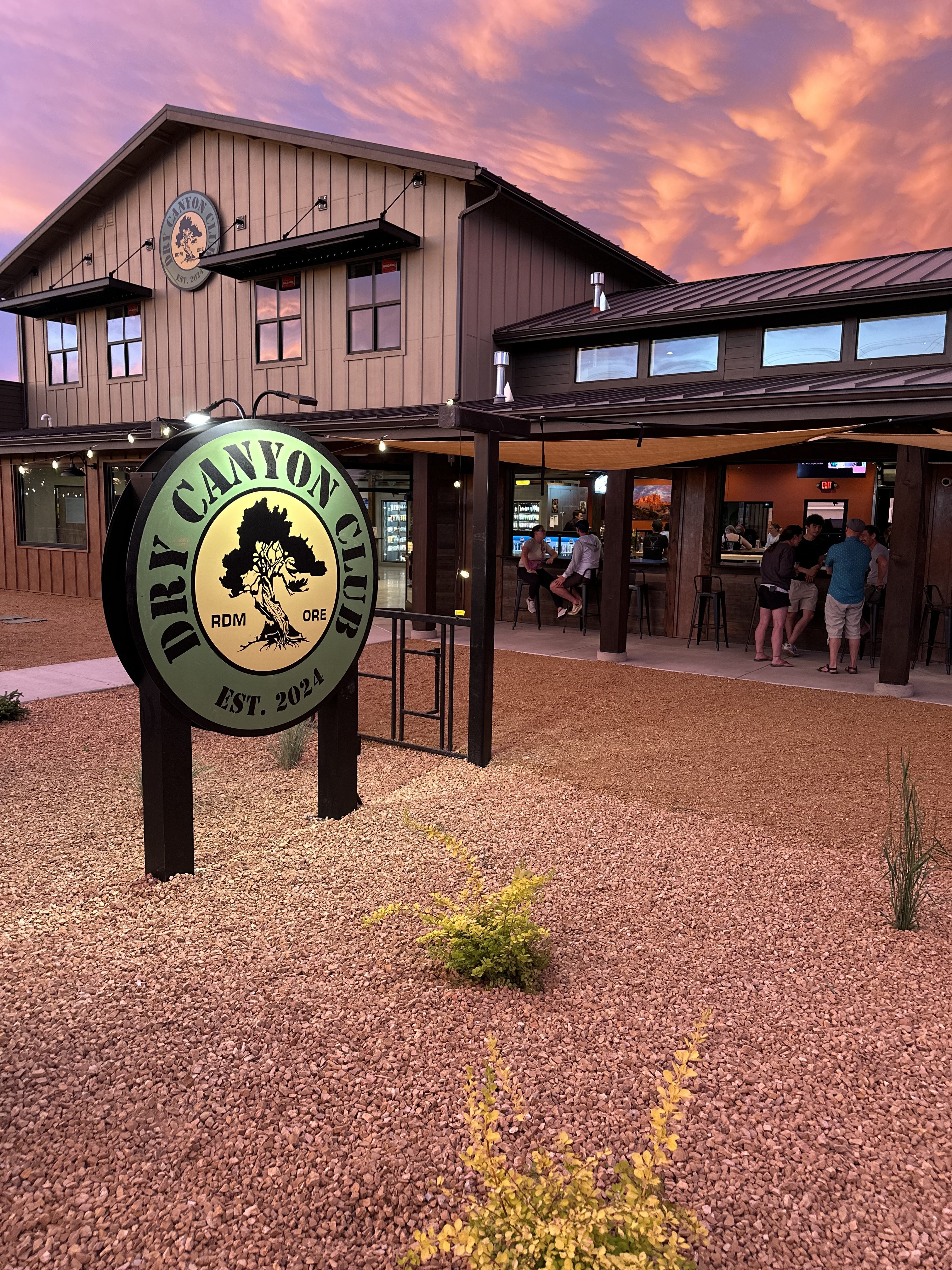Redmond to allow hemp processing in light industry areas
Published 11:00 am Thursday, August 27, 2020

- J.T. Taylor, owner of Redmond-based Apex Superfoods, picured above at his production facility in Redmond.
J.T. Taylor, owner of Redmond-based Apex Superfoods, wanted to process hemp seeds to create products such as hemp oil. But the city of Redmond wouldn’t allow it.
Trending
After he filed a request, the Redmond City Council agreed to amend its city code last week. Next month, hemp production — on a small scale — will be legal in even more of Redmond’s industrial east side than before.
“The rules that were stifling me will now allow me to flourish,” Taylor said last Wednesday. “I really hope we can be a good benefit to our community, and put out a good quality product.”
The City Council unanimously approved hemp production in areas zoned for light industrial use at their remotely-held meeting Aug. 25. This will allow for smaller-scale, less intrusive versions of hemp production in Redmond.
Trending
The code amendment will take place 30 days after the council vote, meaning Apex Superfoods and other companies in light industrial-zoned areas of Redmond can begin processing hemp in late September.
This move could give the city’s economy a boost and create more jobs, City Councilor Jon Bullock said at the meeting.
“I know that we pride ourselves on being a business-friendly community,” he told the council. “By allowing this production facility involving hemp, we continue along that vein to support local people creating small businesses.”
Last year, the council amended city code to allow for hemp production, but only in areas zoned for heavy industrial use. The difference between the two types of industrial zoning is that light industrial companies have a smaller footprint than a heavy industrial company, and tend to be mostly indoors.
Examples of common businesses in light industrial zones include auto repair shops or plant nurseries.
About half of the Redmond land east of U.S. Highway 97 is zoned for light industrial use. No land west of the highway — where much of Redmond’s housing and retail is located — is zoned for either type of industrial use.
Companies that choose to process hemp have to meet certain standards, such as not having a detectable smell from outside the property, according to Deputy City Manager John Roberts.
Industrial hemp consists of all nonseed parts of the cannabis plant, with a concentration of tetrahydrocannabinol, or THC — the psychoactive compound in marijuana — of less than 0.3%. The product is used in thousands of products containing CBD, or cannabidiol, which some claim can be used for treating a variety of ailments. It is also grown for fiber and other uses.
Hemp has become a major cash generator in Oregon. There are 7,508 hemp growers in Oregon, according to New Frontier Data’s State of Hemp 2019 Industry Outlook. The 2019 crop had an estimated value of $1 billion.
Since last year, the city of Redmond has only issued two licenses for heavy-industrial hemp production, and Apex Superfoods is the only company that’s asked to start processing hemp in a light industrial zone, Roberts said.
Taylor said adding hemp processing to his business will allow him to hire more employees. And by purchasing his own hemp from local farmers, rather than buying pre-processed hemp oil from other places, it will give Deschutes County’s agricultural economy a bump as well, he said.
“This will stimulate growth and be a service to our farming community around us,” Taylor said.
Lindsey Pate, the president of local cannabis advocacy group Cascade Cannabis Association, said job creation of any type — hemp or not — is needed in Redmond.
“If I work in Bend but live in Redmond, I’m going to spend money in Bend,” said Pate. “But if I’m working in Redmond and live in Redmond, I’m far more likely to spend money locally.”
However, Pate believes Redmond city leaders should also take the next step and allow marijuana to be grown and sold within city limits. Marijuana retail is barred from the city, and it can only be grown for personal use on residential property.
“It is the same plant from a scientific perspective,” Pate said. “And yet, (marijuana) jobs are being cold-shouldered.”








